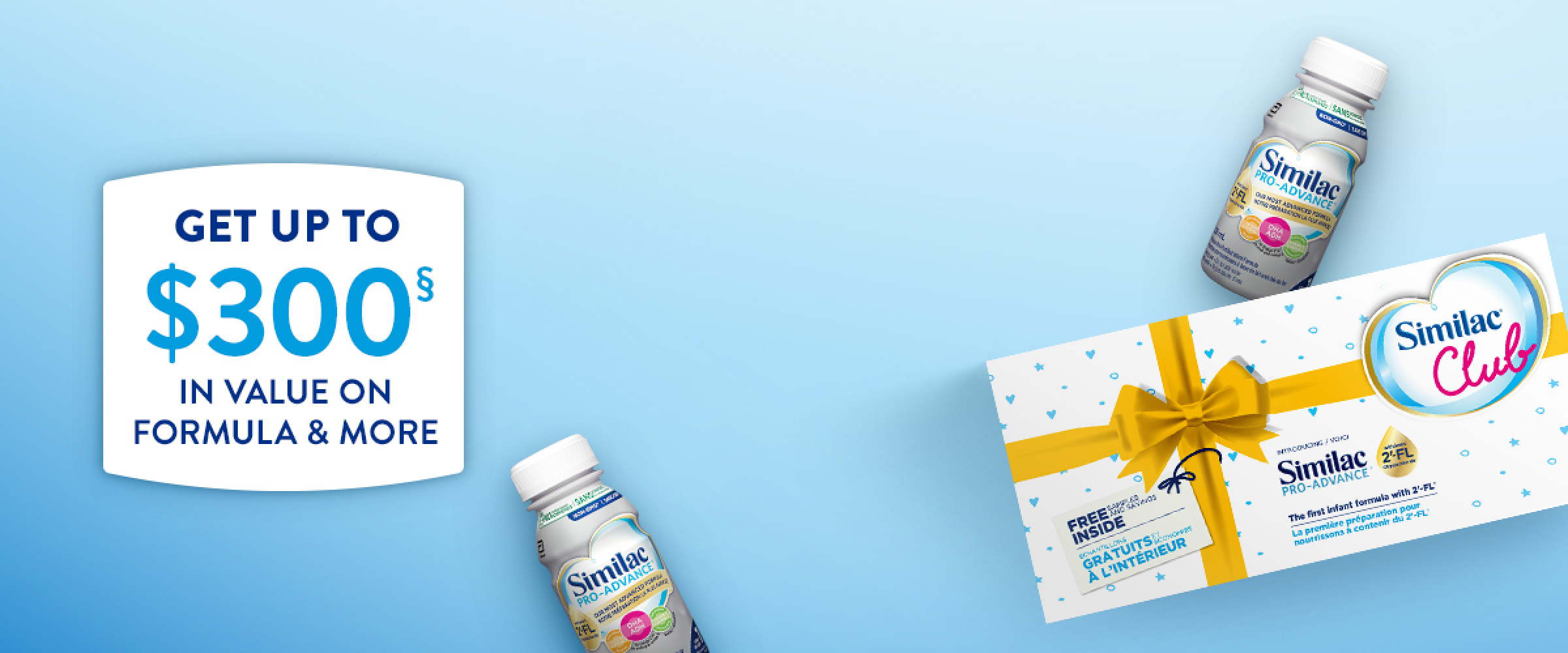Nicotine, tar, and carbon monoxide are noxious chemical substances associated with smoking. If you breathe them in, baby gets a share. The sooner you quit, the better it will be for your baby. Get your partner and other family members to quit too, because second-hand smoke can also put you and your baby at risk.
Foods and habits to avoid during pregnancy
Understanding exactly why certain substances can be dangerous to both you and your unborn baby makes it easier to avoid them.
Smoking during pregnancy
Caffeine during pregnancy
Coffee, tea, cola and some other carbonated soft drinks, energy drinks, chocolate, and some cold and head medications contain caffeine. While you don't have to give up caffeine altogether when you are pregnant or breastfeeding, Health Canada recommends that you limit your intake to 300 mg a day. Too much caffeine could contribute to complications such as low birth weight. If you are a tea-lover, visit the Health Canada website for a detailed list of acceptable herbal teas that you can have during your pregnancy.
Alcohol during pregnancy
Experts recommend that you avoid alcohol completely during pregnancy and minimize your intake while breastfeeding. Health experts simply do not know what level is safe.
Drugs
Many types of drugs can affect your baby. Some can cause severe birth defects or other problems. Be sure that your health care professional knows about any drugs you were taking before your pregnancy. Also, you should not take any prescription or non-prescription drugs without first checking with your doctor or pharmacist. You can also consult motherisk.org or call the national Motherisk Helpline (1-877-439-2744) at the Toronto Hospital for Sick Children for information about the safety of prescription and over-the-counter drugs.
Natural Health Products (NHPs) & other herbal products
Natural or herbal health products are often seen as safe because they are made from plants or other natural substances, but it is very important to read the label. Many products may not be safe for pregnant women. Be sure to talk to your doctor or pharmacist before taking any natural health products during your pregnancy.
References:
Public Health Agency. The Healthy Pregnancy Guide — Smoking and Pregnancy. 2012.
Public Health Agency of Canada. Healthy Pregnancy — Caffeine and Pregnancy. 2014.
Public Health Agency of Canada. Healthy Pregnancy — Alcohol and Pregnancy. 2012.
Health Canada. Drugs and Health Products — About Natural Health Products. 2016.





